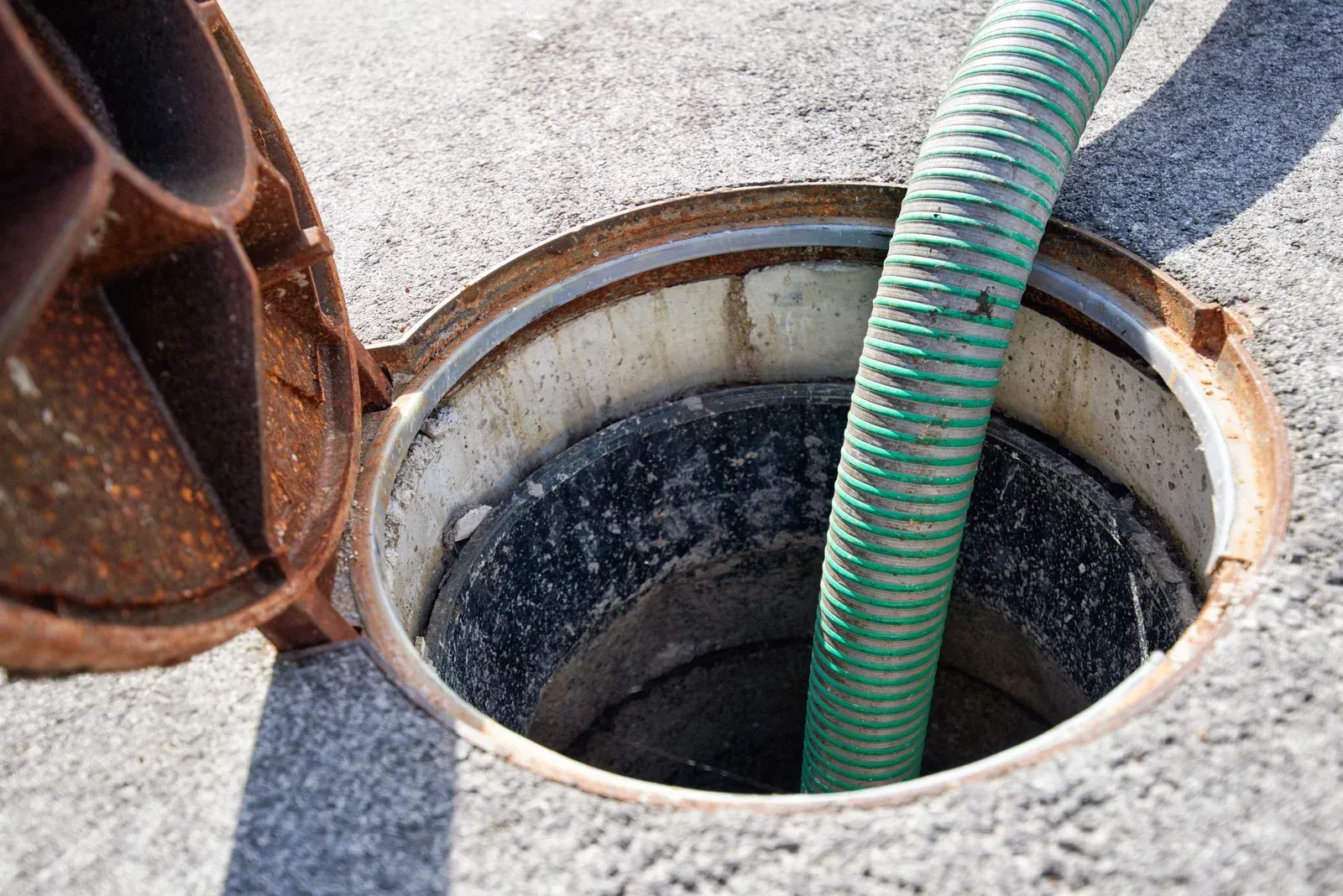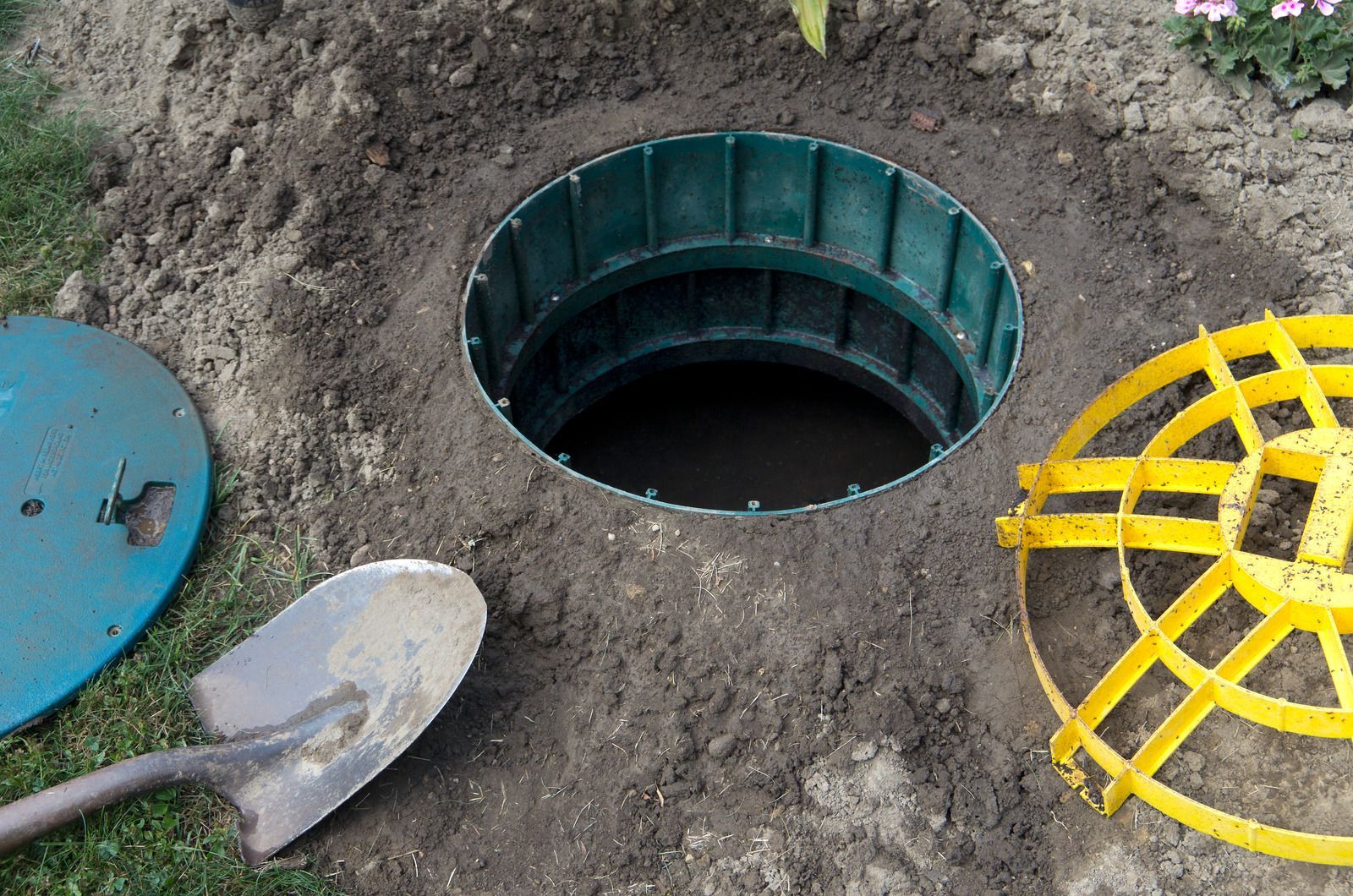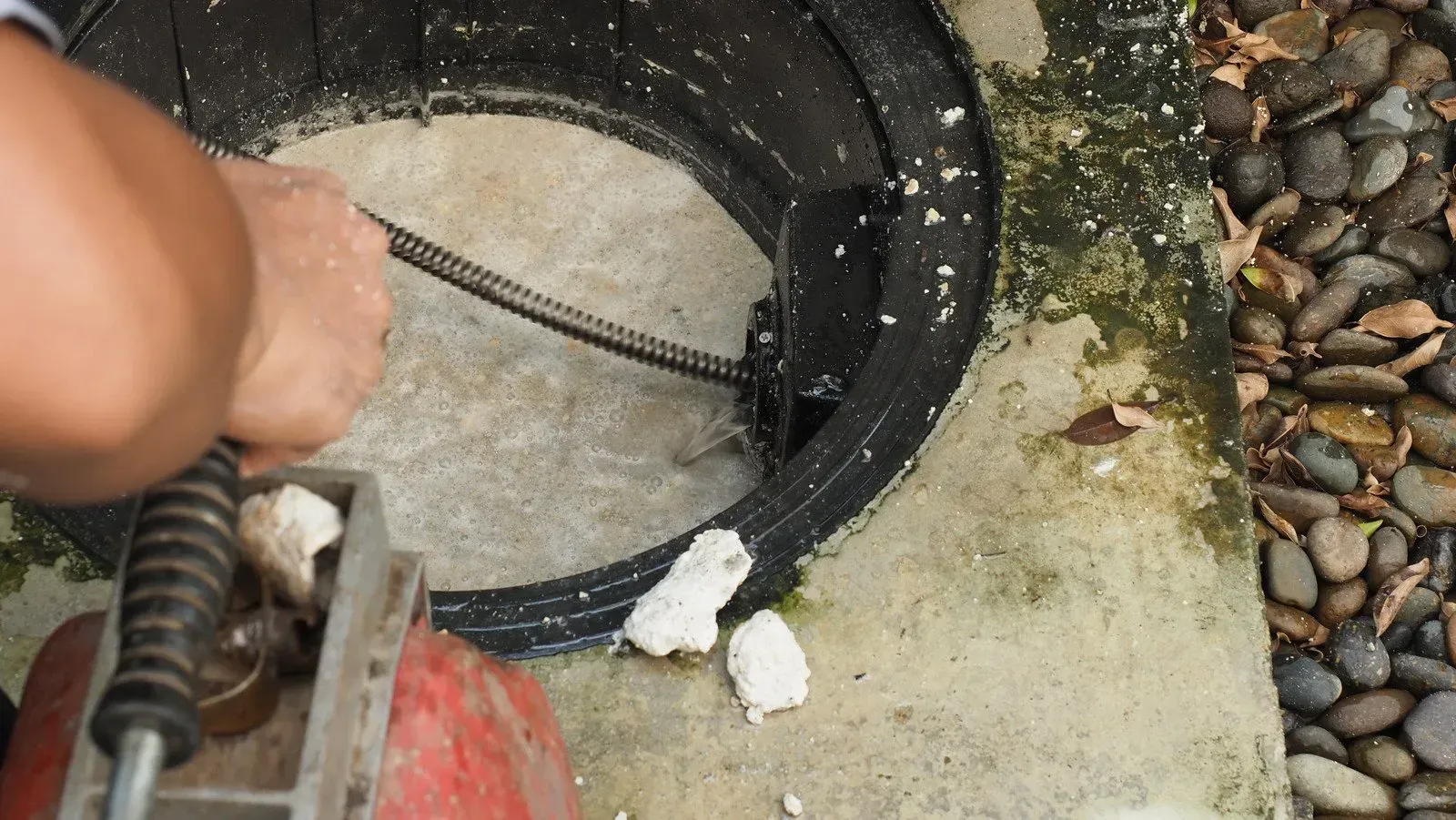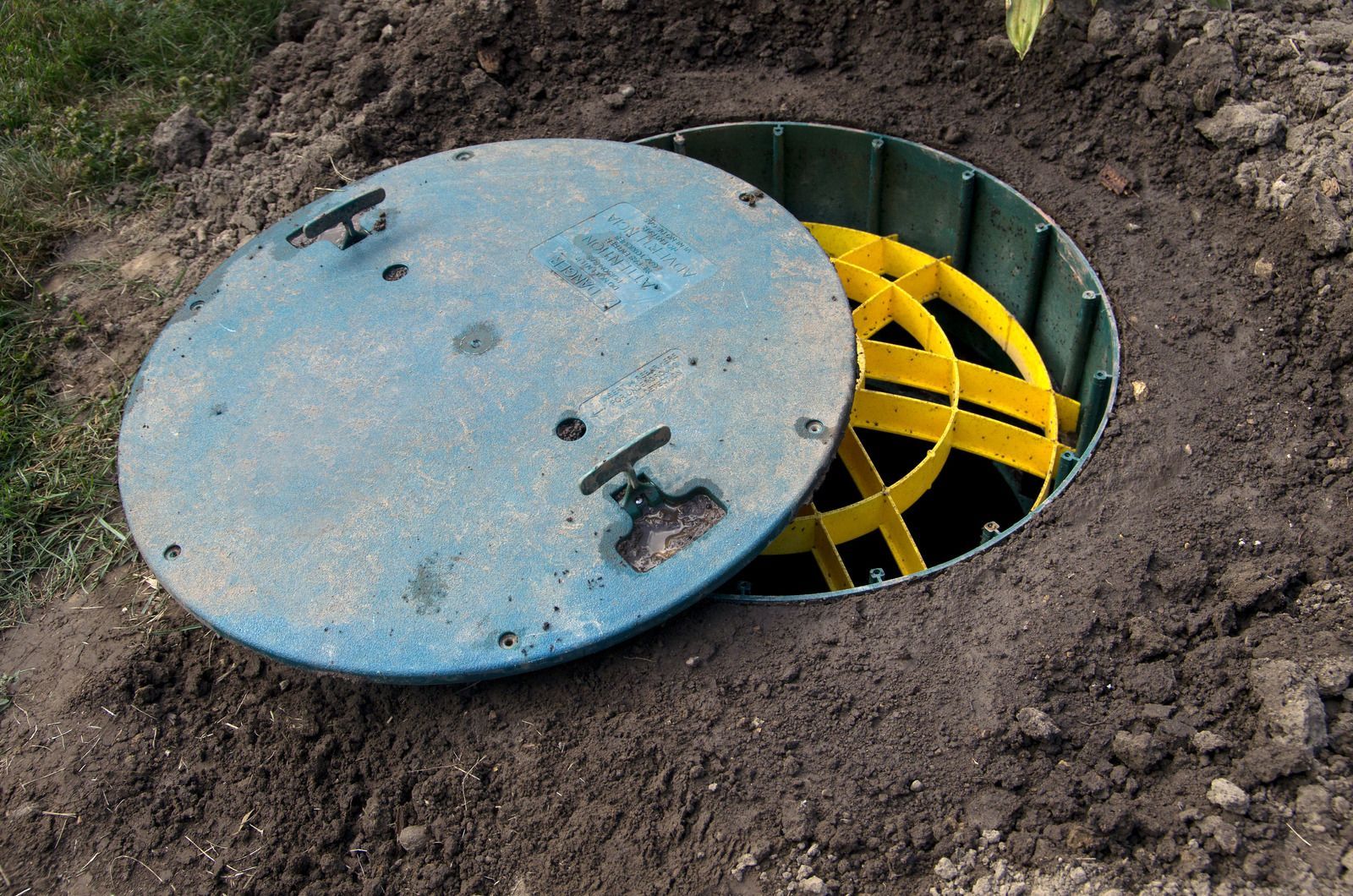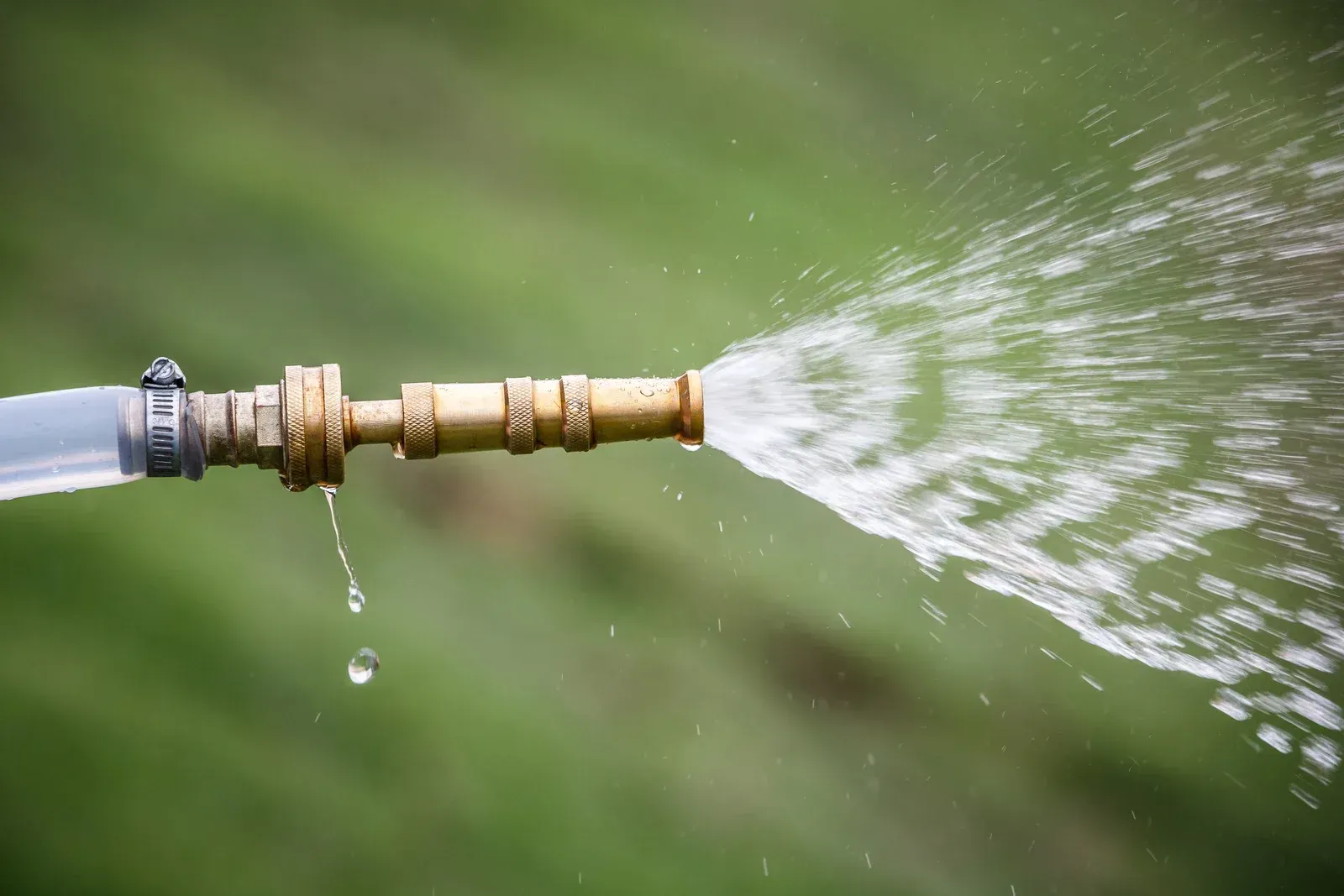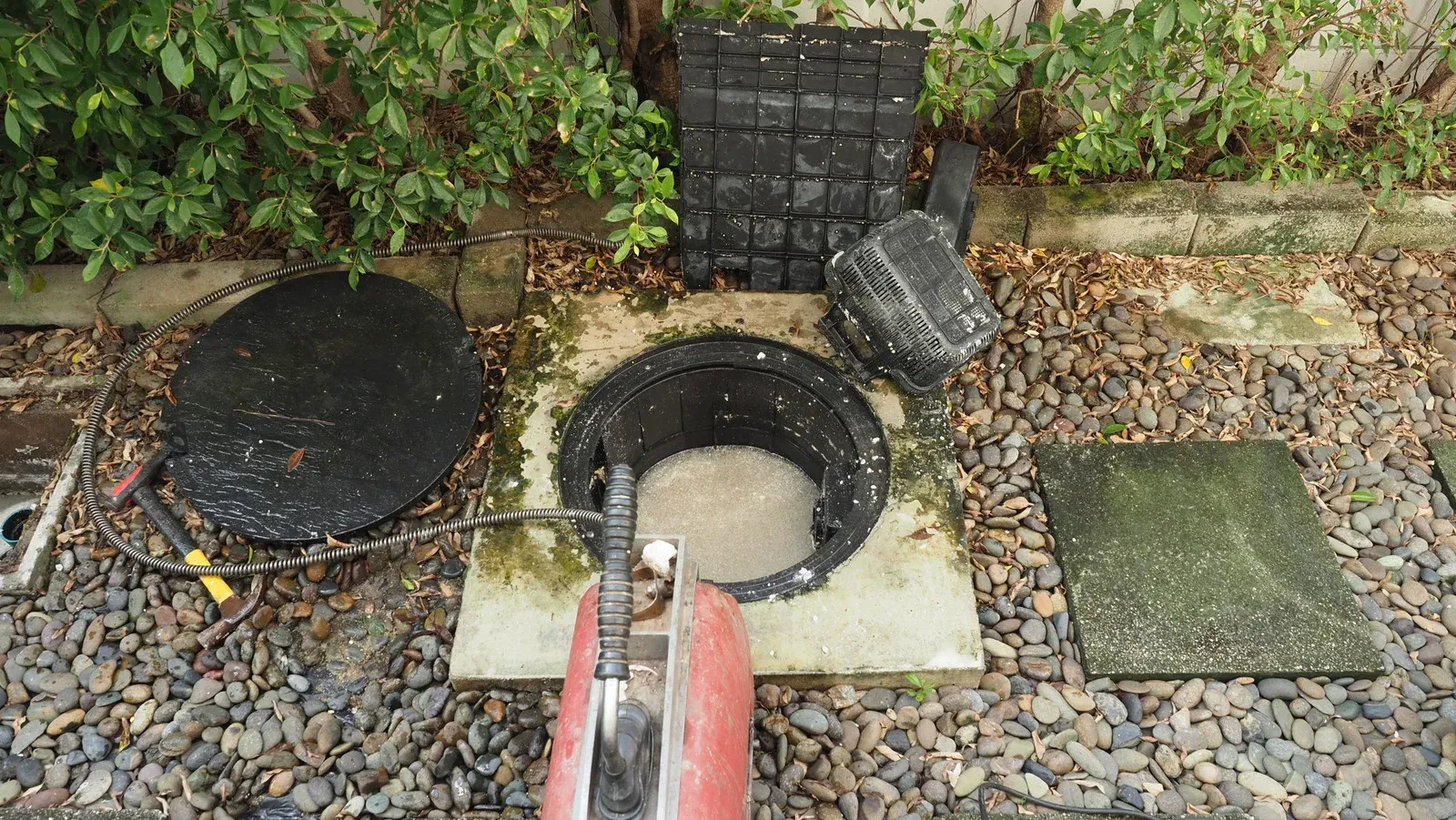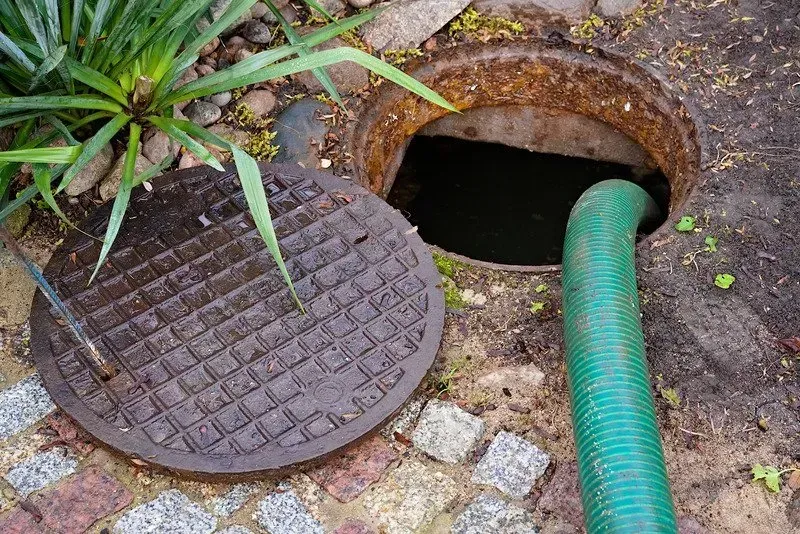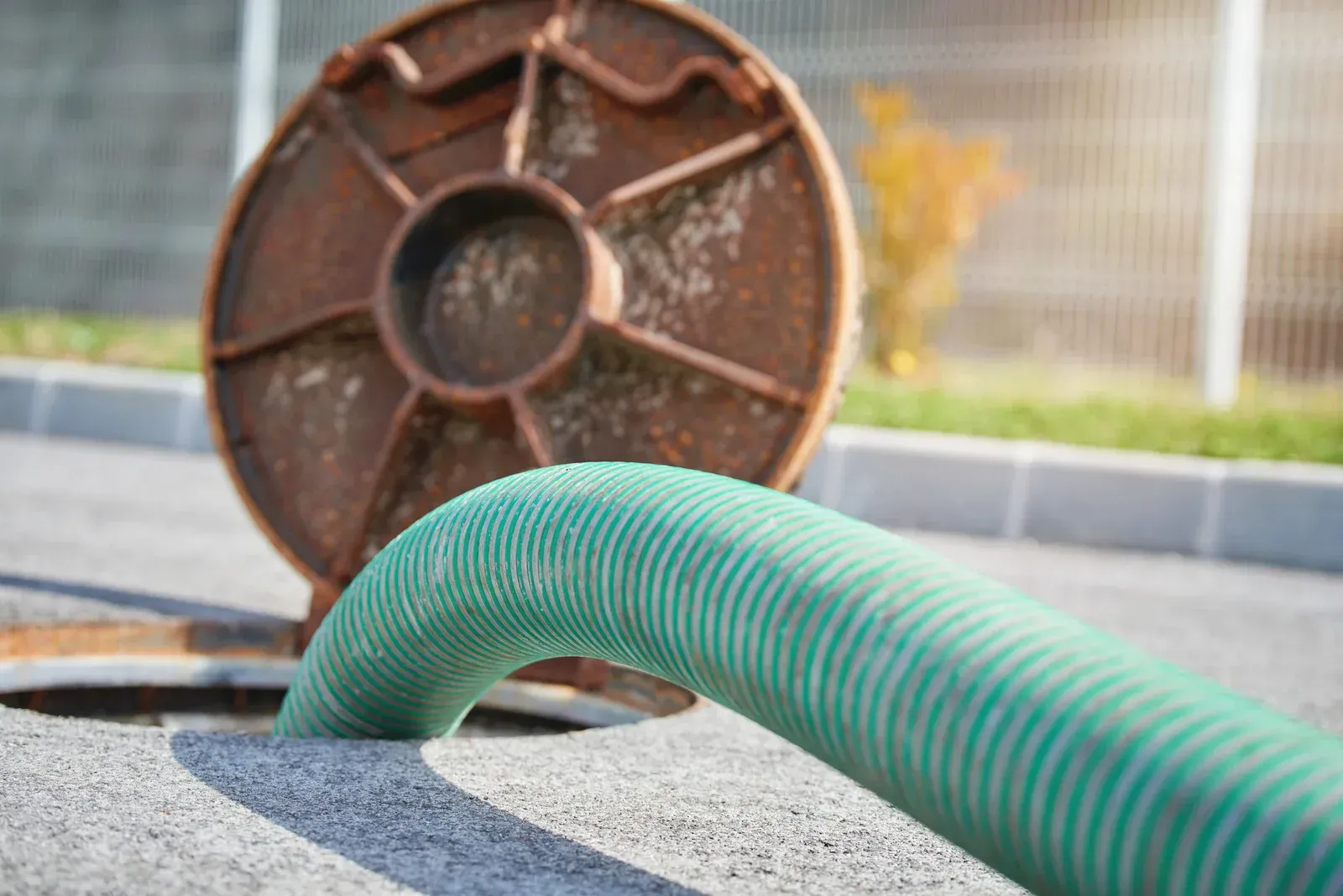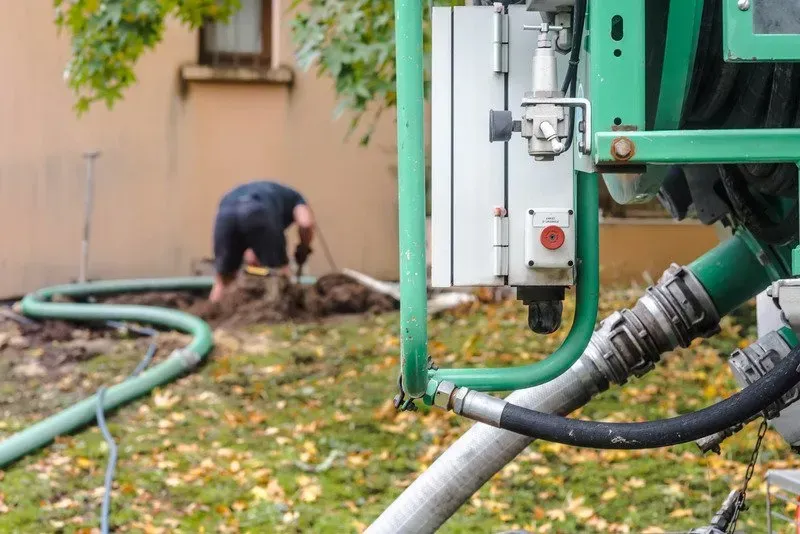Why Professional Grease Trap Pumping and Cleaning is Crucial
Have you ever thought of where all the grease and oil, along with the food scraps, go after you wash your dishes or the fryer? They head straight for your grease trap. This hidden element plays a very important role in keeping your kitchen running smoothly and avoiding messy problems later on. But just like any hard worker, grease traps need some close attention to function at their best. Professional grease trap pumping and cleaning become very important for various reasons.
Grease Traps Keep Your Plumbing System Safe
Your kitchen drain is a highway for water. Grease, oil, and food scraps act like huge debris on that highway. A grease trap is like a rest stop – it catches this gunk before it can clog the pipes and cause a major backup. A well-maintained grease trap is essential for the following reasons.
- It prevents drains from clogging up. Grease buildup can block your pipes, leading to slow drains, overflows, and messy situations. Professional cleaning removes this buildup before it becomes a problem.
- It protects your sewer system. Grease doesn't just clog your pipes; it can also clog the main sewer line, causing problems for your entire building and the public sewer system. Regular cleaning helps prevent this problem.
- It keeps bad odor out. Grease buildup can lead to unpleasant smells in your kitchen and surrounding areas. Cleaning removes the source of the odor, keeping your space fresh.
- It is friendly to the environment, protecting it. Grease can harm the environment if it enters waterways. Properly maintained grease traps ensure that grease is disposed of safely.
- It keeps your kitchen running without any hitches. Clogged drains and overflows can disrupt your entire kitchen operation. Regular cleaning prevents these issues, ensuring a smooth workflow.
Why Go Pro for Grease Trap Care?
- With professionals you can rest assured about their efficiency and safety measures that they take to undertake any work. They have special equipment to handle anything.
- Many areas have regulations regarding grease trap cleaning frequency and disposal procedures. Professionals ensure you're compliant and take all the needed permits.
- They don't just skim the surface; they completely clean the trap, removing all grease and debris.
- Professionals know how to dispose of the collected grease responsibly, preventing environmental hazards.
- There is a reduced risk of accidents with professionals around. Grease trap cleaning can be messy and involve hazardous materials. Professionals handle these risks with proper training and safety gear.
How Often Should You Get Your Grease Trap Pumped?
The frequency of pumping depends on several factors, including the size and type of your business, and how much grease it produces. A general rule of thumb is every 3-6 months, but consulting a professional for a specific recommendation is best. They will offer you guided maintenance services at regular intervals- it is all a part of their various packages which you can opt for.
How Often Should You Get Your Grease Trap Pumped?
By prioritizing
professional grease trap pumping and cleaning, you're investing in the smooth operation of your kitchen, preventing costly plumbing problems, and protecting the environment. It's a win-win for everyone.
